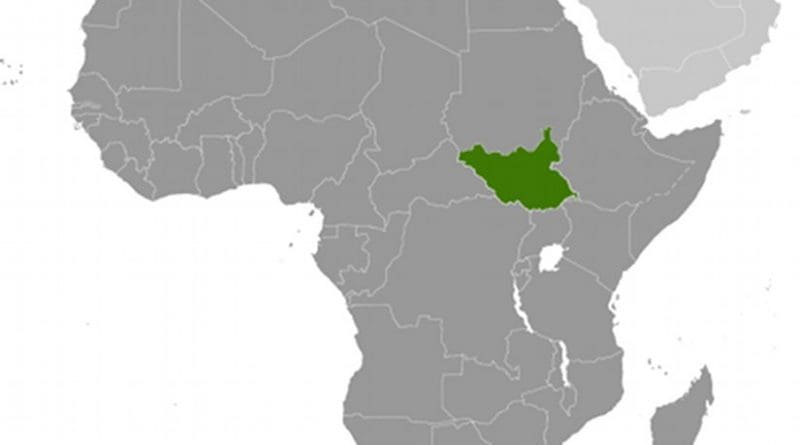EU’s Ashton Travels To South Sudan For Independence Day
Catherine Ashton, EU High Representative for Foreign Affairs and Security Policy/Commission Vice President, is travelling to Juba to participate in the celebrations for the Independence of South Sudan on 9 July. As South Sudan prepares for this momentous event, the EU has underlined its intention to continue to support and develop a regular dialogue with the new state.
Speaking ahead of her trip to Juba, Catherine Ashton said: “The European Union stands together with the people of South Sudan on this historic day, and we will be a reliable partner for the future. We will continue to support a peaceful transition in South Sudan, and hope that the country’s leaders will take full advantage of the unique opportunity they have before them. The EU is committed to long-term peace and stability in the two Sudans and urges them to live together peacefully as two viable states after 9 July.”
The EU will take a ‘comprehensive’ approach in its relations with South Sudan. This strategy – agreed by EU Member States in June – covers all aspects of EU policy: political and diplomatic relations, security and the rule of law, development, trade, and human rights and fundamental freedoms. The dialogue between the EU and South Sudan will be further strengthened when the EU establishes a full Delegation in the capital of Juba. The current office in Juba, open since 2009, will be upgraded as soon as possible following independence.
The EU will also continue its high level of support for South Sudan, which faces numerous challenges following decades of civil war. Since 2005, the EU has committed development assistance of over €650 million, with more than to Sudan with more than 45% dedicated to South Sudan. Humanitarian aid since 2005 meanwhile amounts to €776 million. In May, EU foreign affairs ministers agreed to allocate an additional €200 million to South Sudan to support the national development plan for 2011-2013, and to fund projects in the areas of education, health, agriculture, food security and democratic governance.
Background
Over 98% of voters from South Sudan voted in favour of separation from North Sudan in a January referendum. EU observers led by European Parliamentarian Véronique de Keyser found the election to be peaceful and credible and the turnout overwhelming at 97.5%. Secession will also mark the end of the Comprehensive Peace Agreement (CPA), agreed in 2005 and ending 21 years of civil war between North and South Sudan. The EU has been a staunch supporter of the CPA, and will now pursue a ‘comprehensive approach’ to relations with both North and South Sudan.

